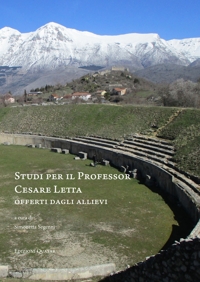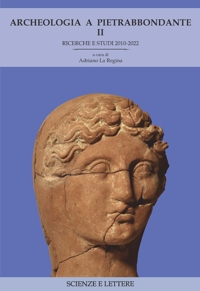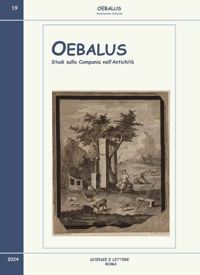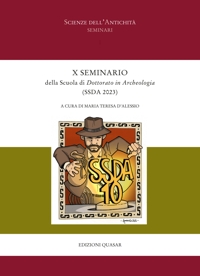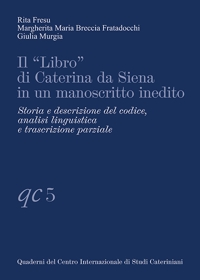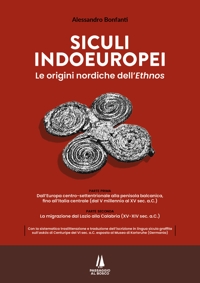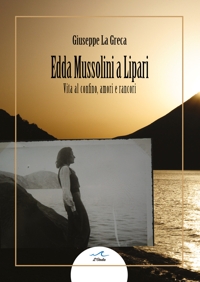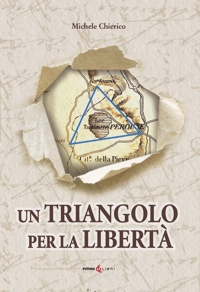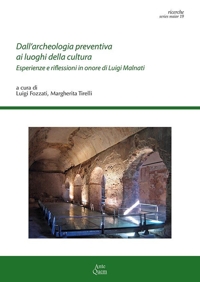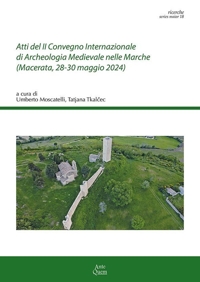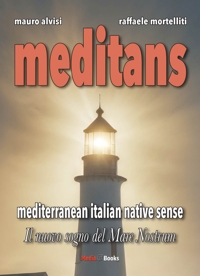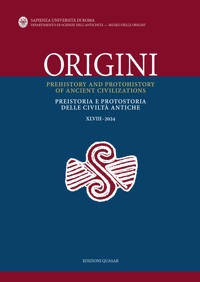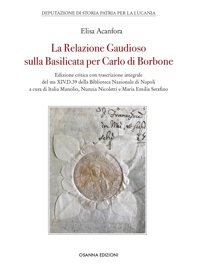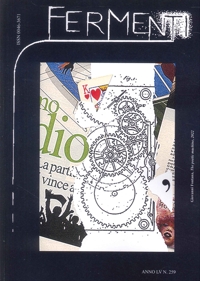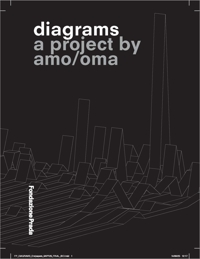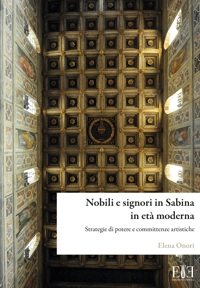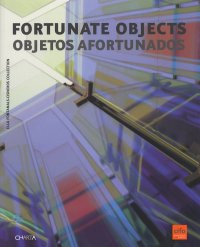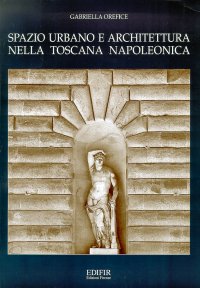Felice Palma. Massa 1583-1625. Collezione / Collection.
Texts by Andrei Cristina, Ciarlo Nicola, Federici Fabrizio, Claudio Casini and Sara Ragni.
Italian and English Text.
Pontedera, 2024; bound in a case, pp. 289, b/w and col. ill., b/w and col. plates, cm 24,5x34.
(L'Oro Bianco. Straordinari Dimenticati. The White Gold Forgotten Masters).
cover price: € 160.00
|
Books included in the offer:
Felice Palma. Massa 1583-1625. Collezione / Collection.
Texts by Andrei Cristina, Ciarlo Nicola, Federici Fabrizio, Claudio Casini and Sara Ragni.
Italian and English Text.
Pontedera, 2024; bound in a case, pp. 289, b/w and col. ill., b/w and col. plates, cm 24,5x34.
(L'Oro Bianco. Straordinari Dimenticati. The White Gold Forgotten Masters).
FREE (cover price: € 160.00)
Le botteghe del marmo
Italian and English Text.
Ospedaletto, 1992; bound, pp. 153, 10 b/w ill., 60 col. ill., cm 24x29.
(Immagine).
FREE (cover price: € 34.49)
Museo Stefano Bardini. I Bronzetti e gli Oggetti d'Uso in Bronzo
Edited by Nesi A.
Firenze, 2009; paperback, pp. 191, 102 b/w ill., 7 col. ill., cm 17x24,5.
(Museo Stefano Bardini).
FREE (cover price: € 30.00)
Bronzetti e Rilievi dal XV al XVIII Secolo
Bologna, 2015; 2 vols., bound in a case, pp. 729, ill., col. plates, cm 21,5x30,5.
FREE (cover price: € 90.00)
Marinellia Pirelli. Ombra luce
Skira
Biumo Superiore, Villa Menafoglio Litta Panza di Biumo, February 13 - March 24, 2003.
Milano, 2003; paperback, pp. 67, 7 b/w ill., 67 col. ill., cm 24x28.
(Arte Moderna. Cataloghi).
series: Arte Moderna. Cataloghi
ISBN: 88-8491-517-1 - EAN13: 9788884915177
Subject: Monographs (Sculpture and Decorative Arts)
Period: 1960- Contemporary Period
Places: No Place
Extra: New Media
Languages: 
Weight: 0.507 kg
A versatile figure, Marinellia Pirelli has ventured into many different fields over the course of her long career, from painting to experimental cinema, but her basic preoccupation has been with light, the color of light, the movement and perception of light.
The exhibition that she is putting on now, at the age of seventy-eight, recounts a story from long ago, but one that could have been born yesterday: the works have not lost their freshness and perhaps, on the contrary, the distance in time renders their essential affinity with the research that was being carried on in other parts of the world around the same time even more apparent. In this sense the venue of Villa Menafoglio where Marinellia Pirelli's works can be compared with the compositions with light by Douglas Wheeler, James Turrell, Dan Flavin and Maria Nordman commissioned and collected by Giuseppe Panza seems to be an ideal place to present them from a new perspective: no longer, as happened at the time of their creation, as an evolution of abstract Italian art and in comparison with kinetic art from elsewhere in Europe, but as the fruit of years in which, all over the world, the connection was being made between the theme of the body and that of the picture, the film and three-dimensional spatiality, between the use of electric lighting and other technological media and the tradition of painting.
Although the premises at Biumo are spacious, there is not enough room to construct an entire retrospective. Nevertheless, visitors will be given the opportunity to appreciate some of the insights of this artist, who embarked on her career in such audacious fashion but who over the last thirty years has shunned the clamor of the art world.
Among the different types of works she has produced are the Pulsars, optical devices that generate a variety of moving images on the ceiling but are always characterized by a reminiscence of pulsating stars and a yearning for an immaterial form of painting. Then the Meteors, where metal frames enclose a play of electric light that creates circles, discs, ellipses and other geometric figures in motion that not only challenge the fixity of the image, but also raise the problem of the relations between figure and ground and touch on questions related to the psychology of perception. In fact the very definition of meteor brings to mind their transience, the impossibility of them leaving a definitive mark in the memory or on the surface on which they appear. And with this, just as in the Pulsars, the artist underlines the impossibility of freezing time, in an age in which everything is changing rapidly, faster than at any other time. Thus we realize that the employment of technology is not a homage to the fashions of the sixties and seventies, nor a vagary just to render the painting innovative, but a means that serves to convey a content that would otherwise be hard to communicate. (Angela Vettese)
Simonetti Dario € 23.75
€ 25.00 -5 %
Gian Pietro Brogiolo; Aurora Cagnana € 18.05
€ 19.00 -5 %
Out of Catalog











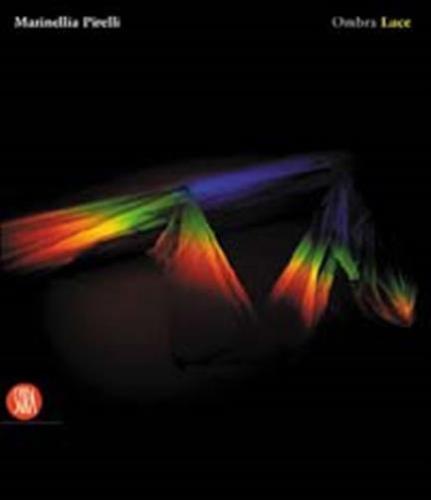









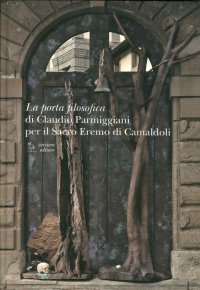



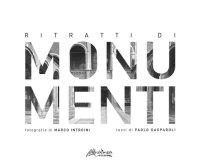
![Incantevole Puglia. Fra arte, storia e natura. [Edizione Italiana e Inglese]](https://immagini.libroco.it/copertine/IMMAGINI/3073/m-1536619.jpg)
